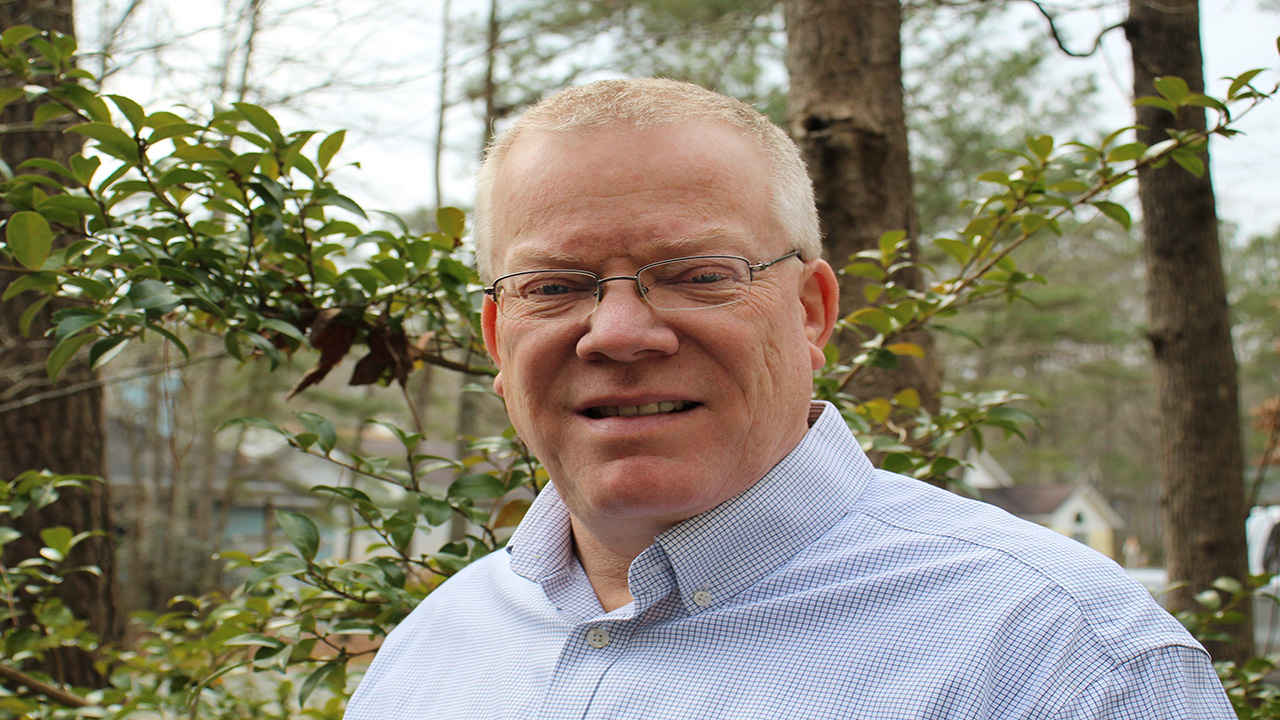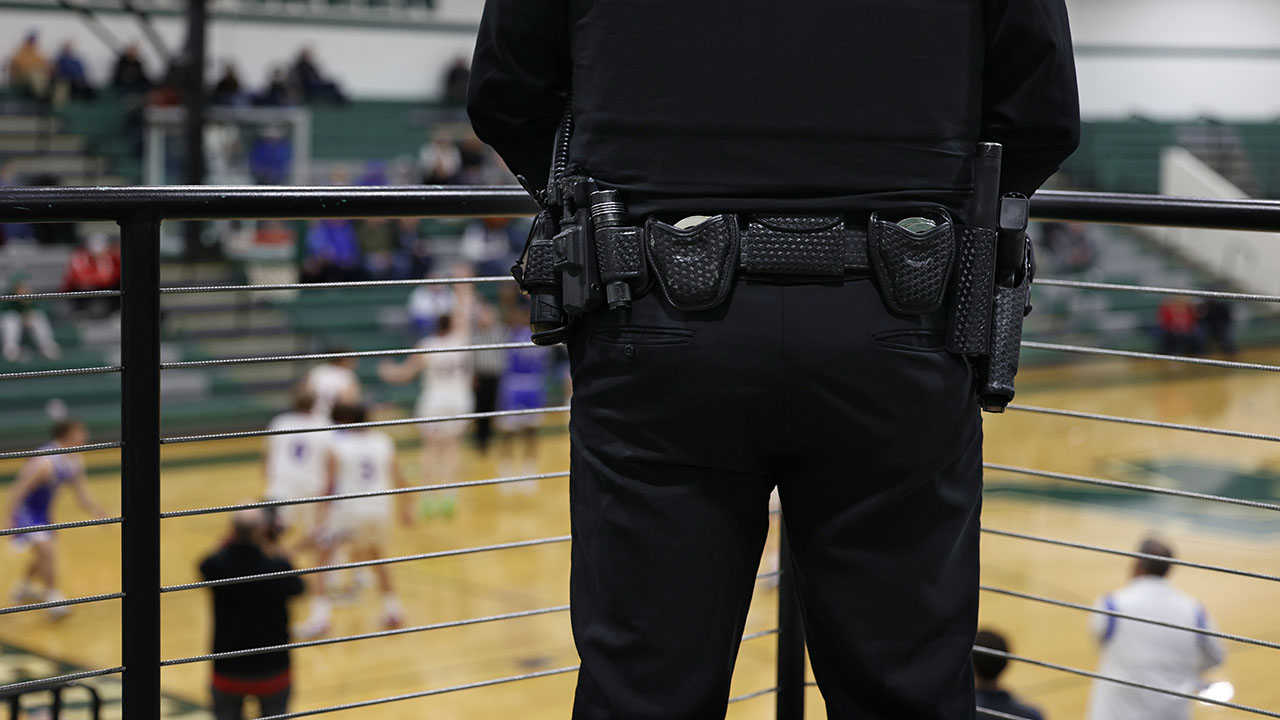
Biden Team Spotlights How Cybersecurity Education Can Help Protect Democracy
Want students to have skills that could allow them to work in just about any industry, improve national security, make a difference for communities and schools, and be part of a fast-growing, high-paid workforce?
Consider offering cybersecurity classes, the Biden administration says. Better yet, make it a career pathway at your school.
That was the overall message of a roughly hour-long panel hosted April 11 by the U.S. Department of Education and the White House National Security Council that essentially served as a public service announcement for cybersecurity education.
The event included professionals who have worked on cybersecurity in a wide range of settings, including at Johnson & Johnson, a company that develops pharmaceutical and other products; Energy Impact Partners, an investment service; and those working on cybersecurity in federal agencies.
Students from schools in the District of Columbia and Baltimore County, Md., who are enrolled in cybersecurity classes sat in the audience, listening to the cybersecurity professionals talk about their work experiences and career advice.
Niloofar Howe, a senior operating partner at Energy Impact Partners, explained how her interest in national security initially drew her to the profession.
Howe was working on technology in the entertainment industry when the Sept. 11, 2001 terrorist attacks happened and began to wonder: “What can I do to protect freedom and democracy? And that’s what started me on the path of trying to find a way to apply what I knew about technology in the media sector, to technology and national security,” she said. “And it was a new thing at the time.”
Cindy Marten, the deputy secretary of education who moderated the panel, underscored that K-12 schools—which have increasingly been targeted by cyberattacks—also need protection.
“Maybe your cybersecurity career will take you right back to the schools you used to attend. … I kind of hope so,” she said. “We know we not only need cybersecurity experts working in companies, but we also need them in government and in our schools. There are critical data to protect in these places. And I think you can lead the way,” she told the students.
What’s more, cybersecurity careers encompass a host of disciplines and rely on more than just technical skills, said Gibran Rezavi, a senior advisor for cyber and digital assets at the Department of the Treasury.
Working in cybersecurity doesn’t look “like the in movies,” he said. “It’s not someone with a hoodie in a dark room working at a prompt. It’s not the matrix. It’s a team sport. Somebody needs to write policy. Somebody needs to manage teams, somebody needs to provide support, somebody needs to buy hardware. So now there’s an entire ecosystem of jobs around cybersecurity.”
Cybersecurity courses are still relatively rare, despite a growing number of jobs
Most schools are unlikely to offer cybersecurity as a standalone course, according to a nationally representative survey of 918 district leaders, principals, and teachers conducted in the spring of 2020 by the EdWeek Research Center. About 41 percent of educators surveyed at the time said it was infused in the high school curriculum, while about 37 percent said the same of elementary and middle schools. And just 18 percent of educators said their high schools offered cybersecurity as a standalone course. Of course, it’s possible those numbers have increased over the past three years as the cybersecurity industry has expanded.
Cybersecurity occupations are poised to take off over the next decade. In fact, just one job in the sector—information security analyst, which offers a median salary of $102,600 annually—is expected to grow much faster than the average occupation through 2031, according to the Bureau of Labor Statistics.
The panel didn’t announce new resources, but there are existing federal dollars available for cybersecurity education. School districts can use a portion of their career and technical education grants—the largest federal funding source for high schools—to develop career pathways, including for cybersecurity, a U.S. Department of Education spokeswoman said in an email.
Dig Deeper With Our Longreads
Newsletter Sign up to get our best longform features, investigations, and thought-provoking essays, in your inbox every Sunday.
The MEN was founded by John Huber in the fall of 2020. It was founded to provide a platform for expert opinion and commentary on current issues that directly or indirectly affect education. All opinions are valued and accepted providing they are expressed in a professional manner. The Maryland Education Network consists of Blogs, Videos, and other interaction among the K-12 community.
Recent Video
Worc. Sheriff and SA recommend Schools Partner with SRDs to Trespass Any...
I this series of videos, I dive deeply into the recommendations that the Sheriff and State’s Attorney have put...




